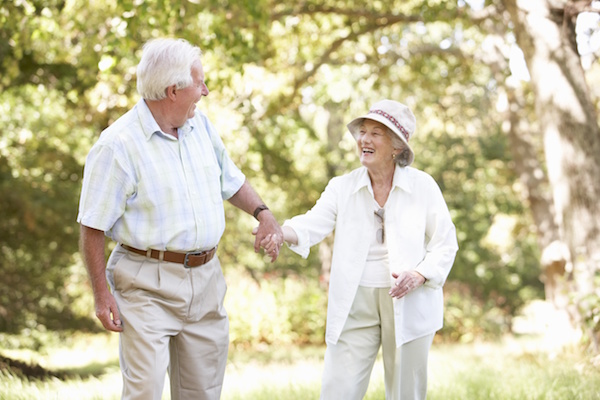
(HealthDay News) — Some people, including seniors, have a harder-than-average time adjusting to rapid changes in weather.
Chronic medical conditions can make it more difficult for their bodies to adjust to extreme cold or extreme heat. So the elderly should be closely monitored for potential symptoms of heat exhaustion.
The U.S. Centers for Disease Control and Prevention offers this list of possible warning signs:
- Sweating heavily or appearing pale.
- Muscle cramps, headache, vomiting or nausea.
- Dizziness, weakness, fatigue or fainting.
- Moist skin that’s quite cool to the touch.
- A weak and fast pulse, or fast and shallow breathing.

